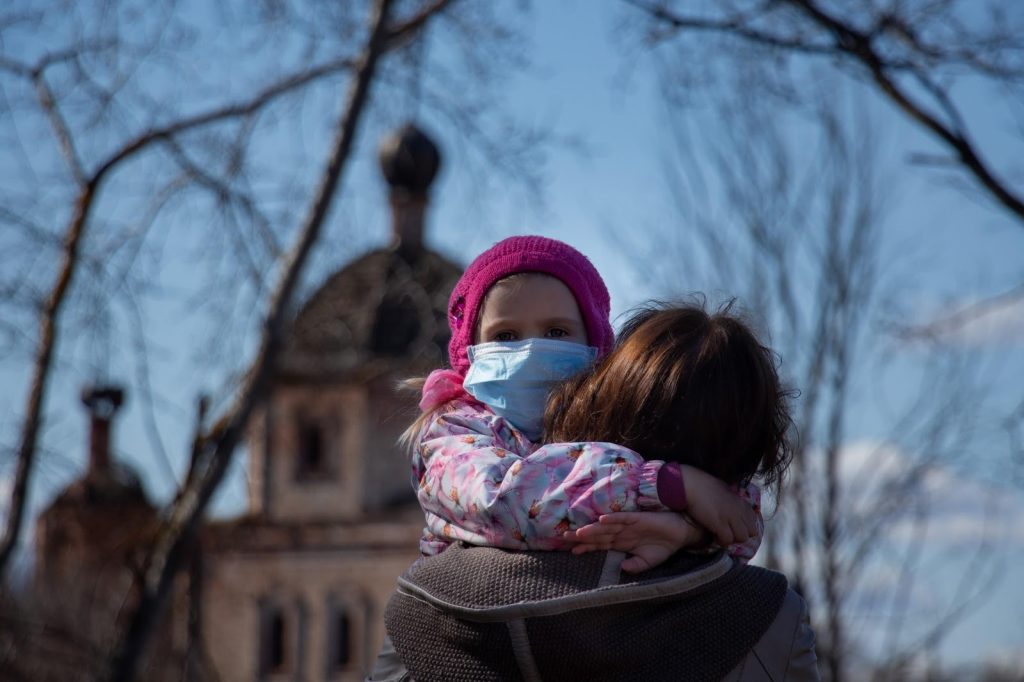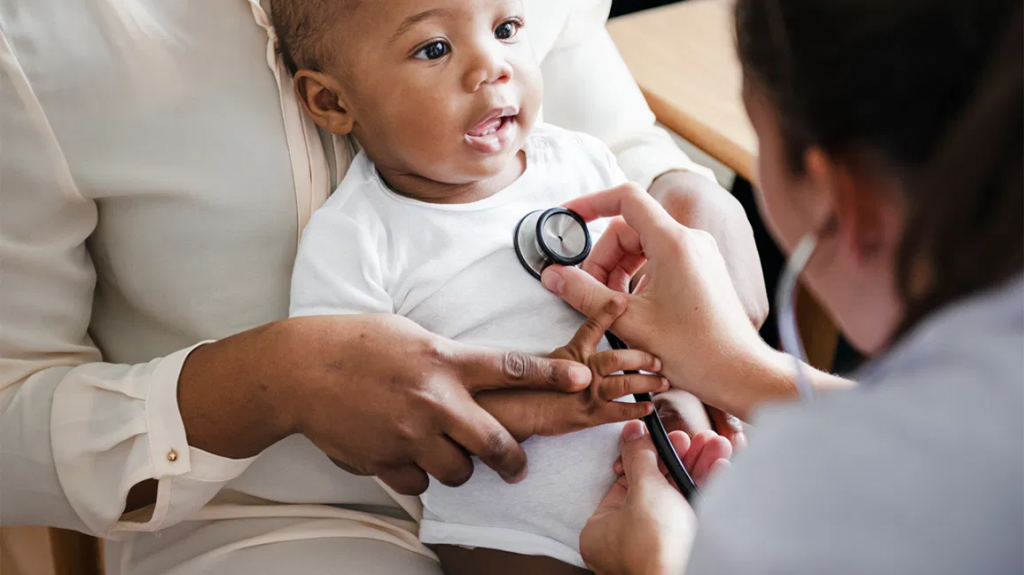The Centers for Disease Control and Prevention (CDC), the American College of Obstetricians and Gynecologists (ACOG), and the Society for Maternal-Fetal Medicine agree that new COVID-19 mRNA vaccines should be offered to pregnant and lactating people who are eligible for vaccination. You can weigh the benefits and risks with your doctor.

Now that COVID-19 vaccines are being rolled out, pregnant and lactating people have many questions about the risks and benefits.
Here are answers to some basic questions you may have about the COVID-19 vaccine if you are pregnant or breastfeeding, or considering becoming pregnant. Keep in mind that information is evolving rapidly. Your OB provider or medical team can advise you more fully, based on your personal health risks, exposures to the virus that causes COVID-19, and preferences.
Benefits of Breastfeeding During a Pandemic
Coronavirus has not been found in breast milk. But if you have COVID-19, you could spread the virus to your baby through tiny droplets that are spread when you speak, cough, or sneeze.
Breastfeeding is good for babies. It protects them from many infections. Breast milk is not proven to protect babies from SARS-CoV-2, the virus that causes COVID-19. However, several studies have found antibodies that attack the virus in breast milk.
Breastfeeding is good for moms. Hormones released in the mother’s body during breastfeeding promote well-being and can relieve stress and anxiety.
Breast milk is readily available. No purchase required! This can be important during public health emergencies when it can be more difficult to buy formula and other feeding supplies.
Talk to your doctor to help you decide if you should continue to breastfeed. Your breast milk is the best nutrition for your baby and can protect against many diseases. While you are sick, you (or someone else) can give your baby expressed breast milk.
Can I continue to breastfeed or store expressed breast milk if I test positive for COVID-19?

Yes, babies can still receive breast milk even if your test is positive for COVID-19. Breast milk is safe and important for the baby.
Wash your hands with soap and water before holding the baby and wear a mask or cloth that covers the face while breastfeeding. Holding your baby skin-to-skin helps the baby latch on and helps trigger the release of milk.
Put on a cloth face cover, wash your hands thoroughly, and clean the pump parts, bottles, and artificial nipples. Express your milk as often as your baby eats, or at least 6 to 8 times every 24 hours. The expressed milk can be given to your baby by a healthy caregiver. Remind all caregivers to wash their hands well before handling bottles, feeding, or caring for your baby. Remember to clean your breast pump after each use, following the CDC guidelines.
If I have COVID-19, can I stay in the same room with my baby?
If you and your family decide to keep your baby in the same room as you, try to keep a reasonable distance when possible. Wear a cloth face cover and wash your hands whenever you take direct care of your baby.
Continue to take these precautions until you have been fever-free for 24 hours without taking any fever medications (acetaminophen or ibuprofen); It has been at least 10 days since your COVID-19 symptoms started and all of your symptoms have improved. If you tested positive but have no symptoms, wait until at least 10 days after the positive result.
Your Pediatrician is Here to Help

After leaving the hospital, it is important that your baby’s first follow-up visit be in person within a day or two so that your baby can be examined, measured, and weighed. Many doctors schedule newborn visits during specific times (such as first thing in the morning) to limit exposure to sick patients. Your pediatrician can also help you if you need more breastfeeding support, a lactation consultant, or the help of local groups and resources.
Remember:
Breastfeeding has many important health benefits for babies and mothers, even during the pandemic. Talk to your pediatrician about keeping your baby healthy and what resources may be available in your community to help you


